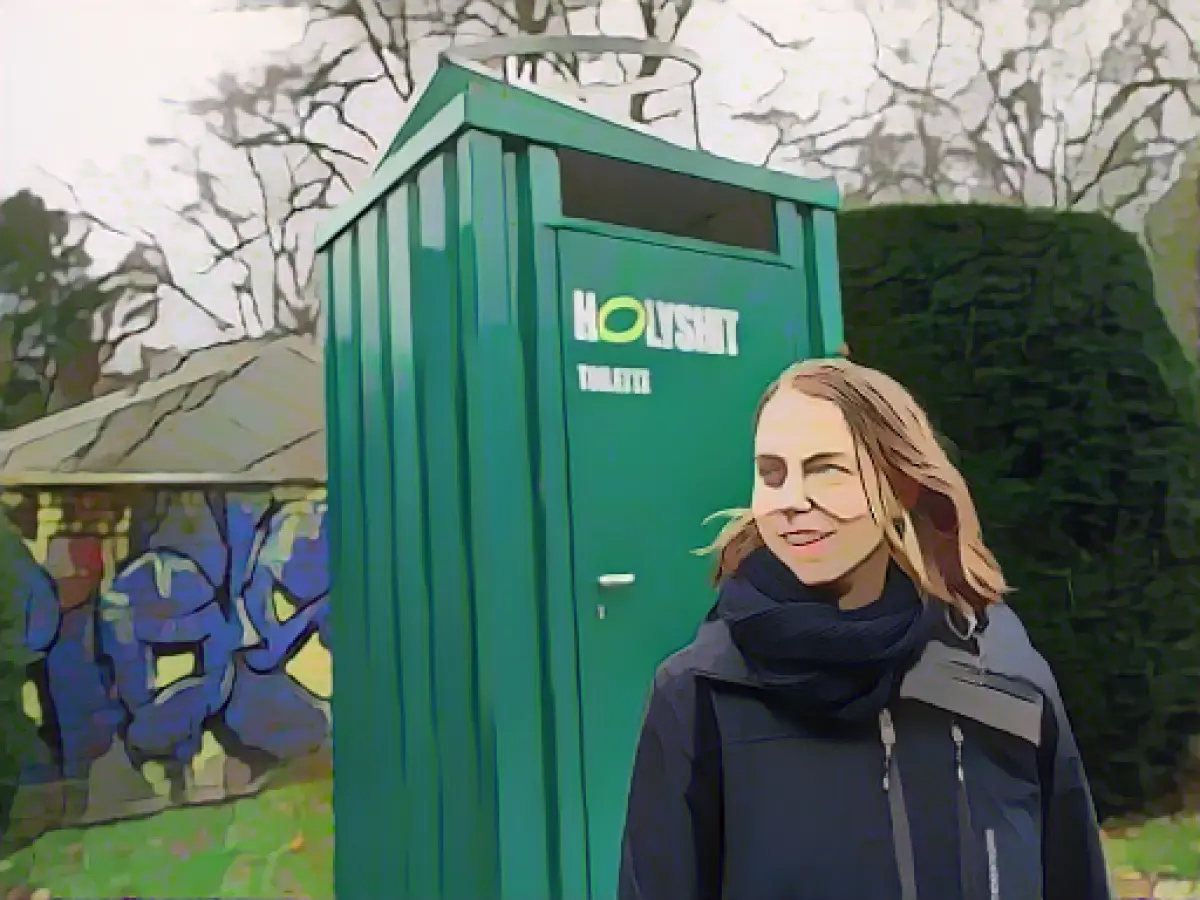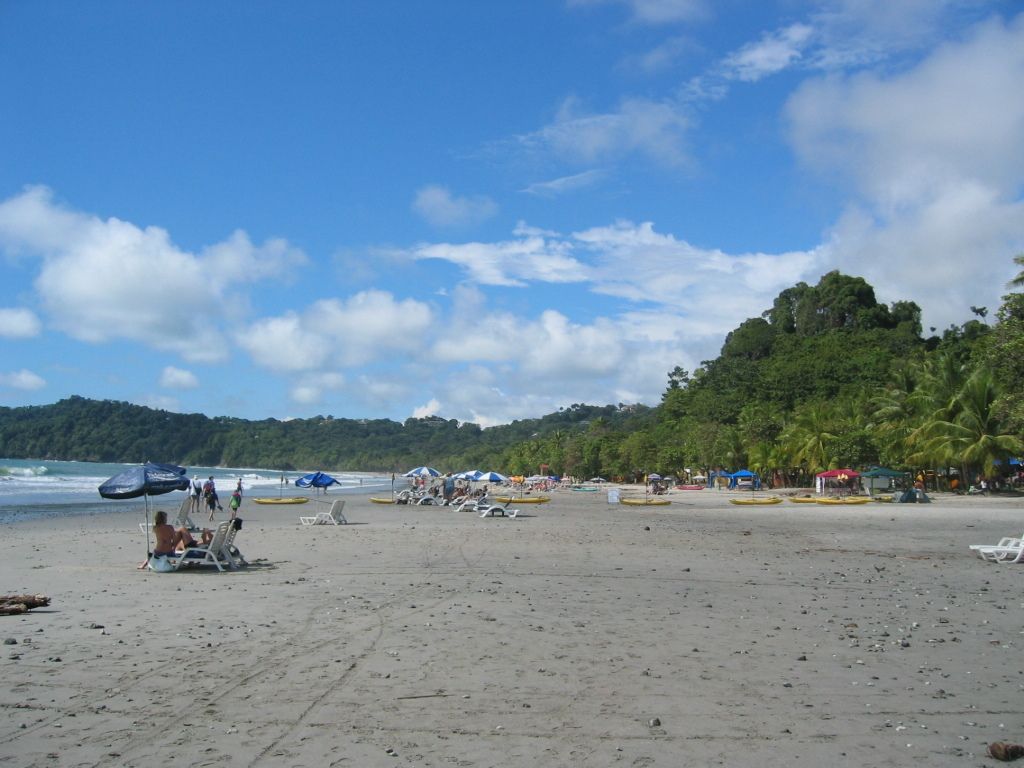Cologne Embraces Eco-Friendly Toilets in Volksgarten
Breaking the norm, Cologne city is experimenting with sustainable toilet systems. After a two-year trial period, a dry loo was introduced to Volksgarten park as of Monday. This eco-friendly setup, a brainchild of Anastasia Bondar, won the Cologne Design Award in her master's thesis. The green house-like structure serves as a chemical-free toilet in the park, with an automatic litter dispenser that neutralizes odors, instead of the usual water flush.
The designer ensured us that the bins are emptied frequently and the toilet is cleaned regularly. This green initiative is aligned with the circular economy, aiming to repurpose the users' waste as humus in agriculture. The designer cleverly named the dry toilet "Holy Shit," with a halo-shaped LED lighting up the roof at night.
Since this spring, Berlin has already installed 24 such dry toilets in various parks, providing no-cost access to users.
Installing this dry toilet in Volksgarten is a part of Cologne's mission to investigate eco-friendly toilet systems in municipalities. In the long term, the waste from these toilets could contribute to sustainable practices, like improving soil fertility through organic waste reuse in agriculture.
According to research, dry toilets can contribute to sustainability by conserving water, promoting organic waste utilization in agriculture, ensuring hygiene, and functioning off-grid when necessary. They conserve water substantially, turning waste into nutrient-rich compost, and can be particularly useful in remote areas wounded by plumbing impracticalities. However, the efficiency of dry toilets depends on factors like efficient maintenance, local regulations, and suitable compost utilization, which might present challenges in specific contexts.
Despite these challenges, dry toilets have great potential in promoting sustainability and organic waste use. By adopting such eco-friendly practices, Cologne is setting an excellent example for other cities to follow.








